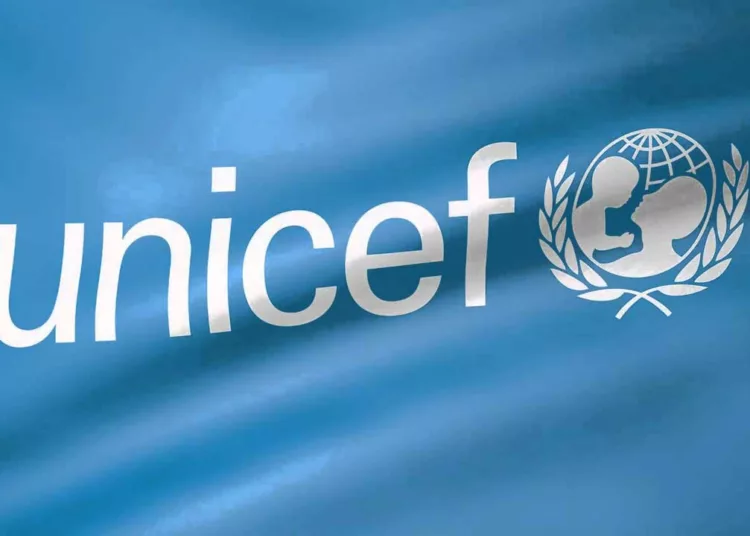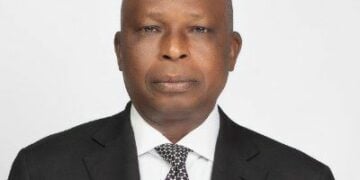The UNICEF and Export and Import Bank of China (China EXIM) in Beijing have signed a memorandum of understanding (MOU) to collaborate on essential services for the well-being of children in Nigeria.
UNICEF said in a statement that this first partnership agreement with a China-based financial institution would help the United Nations body deliver integrated healthcare, water, sanitation, and hygiene (WASH) services for vulnerable children and families in 12 healthcare facilities, 21 schools, 17 markets, and 450 communities in Abuja.
The MoU signing, which was attended by China EXIM Vice President Yang Dongning, UNICEF representative to China Amakobe Sande, and witnessed by Jimmy Patrick Ebi, the acting charge d’Affairs of the Embassy of Nigeria to China, also highlighted UNICEF’s role as a trusted partner for multilateral development banks and other financial institutions, supporting them to have a greater social impact for children.
“UNICEF hopes that this will be the first of more partnerships to come, to help accelerate child health and development goals for children around the world,” the statement quoted UNICEF representative to China, Amakobe Sande, as saying.
“Ensuring access to water, sanitation and hygiene services by 2030 is one of the 17 UN Sustainable Development Goals. But in Nigeria, inadequate access to WASH services is a major driver of child deaths, with about 10 per cent of Nigeria’s 110 million children estimated to have access, thereby increasing vulnerability to water-borne diseases such as diarrhoea, which leads to over 70,000 deaths of children under five annually.
“In Nigeria, UNICEF aims to ensure that more children and their families have equitable access to climate-resilient and safely managed water and sanitation facilities and practice safe hygiene behaviours. The programme will include the scale-up of quality and comprehensive primary healthcare services, including maternal and newborn care and immunisation services, in facilities and communities. It will also expand access to services through community engagement, social mobilisation, and behaviour change, along with strengthening WASH-related systems, capacity and institutions,” the statement added.
Meanwhile, UNICEF Nigeria Country representative Cristian Munduate has said that waterborne diseases pose a serious and ongoing risk to the lives and well-being of children in Nigeria.
“This partnership agreement programme will help realise the rights of many thousands of children by improving healthcare services in the Federal Capital Territory,” Munduate said.










